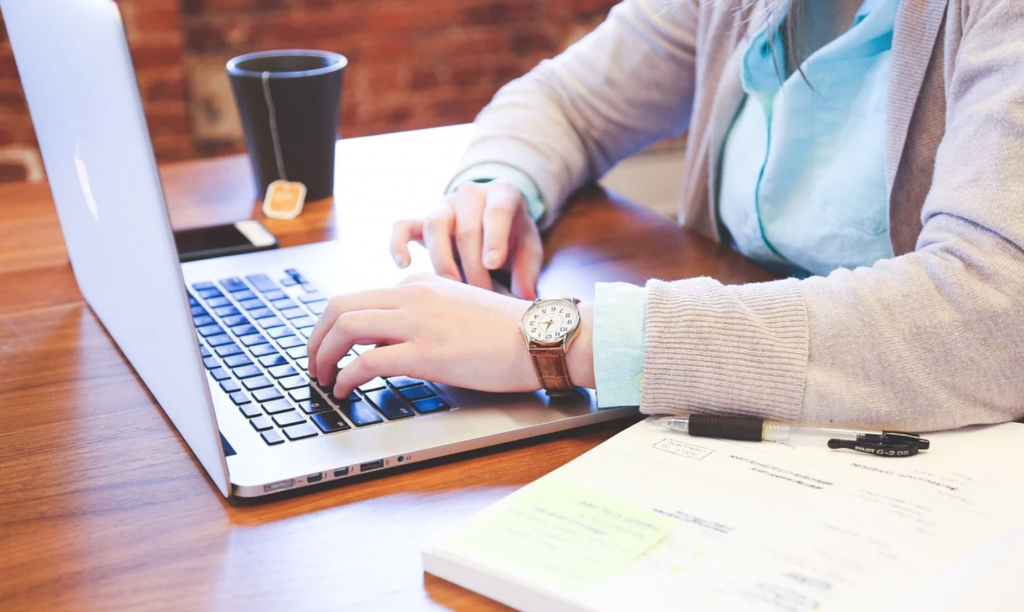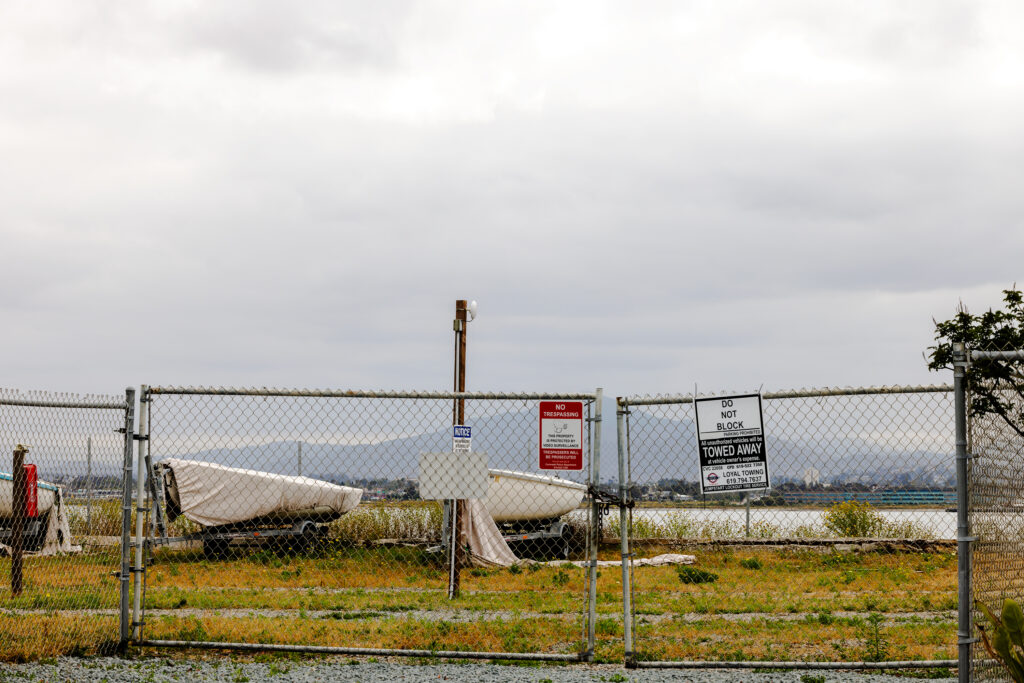Being your own boss can mean missing out on benefits that many employees get on the job: paid leave when you’re sick or caring for a family member. That is scheduled to change under an emergency law enacted Wednesday that would provide financial relief for a broad swath of people affected by the novel coronavirus, including people who are self-employed.
And a few states already offer paid leave programs that can help consultants, gig workers and other self-employed people in times like these. But they won’t provide immediate help for those who haven’t yet signed up.
Provisions in the law signed by President Donald Trump only hours after it got final approval from the Senate would not directly give self-employed people paid leave if they or their families are hit by the virus or their kids can’t go to school because of it. But it would provide a refundable tax credit to help make up for the lost income.
Advocates for self-employed people welcome the proposed changes.
“Self-employed people don’t always get the coverage they need,” said John Arensmeyer, CEO of the Small Business Majority, an advocacy group for small businesses, including self-employed entrepreneurs. “We’re very glad that a number of the federal proposals address them.”
Three states — California, New York and Washington ― offer paid family and medical leave benefit programs that self-employed people can opt into, said Vasu Reddy, a senior policy counsel at the National Partnership for Women & Families, an advocacy group. These plans generally replace some portion of people’s income if they can’t work because of an illness or injury that’s not related to their job, or if they have to care for an ill family member, among other things. Participants generally pay regular premiums to be part of the plan.
A number of other states, including Massachusetts, Connecticut, Oregon, and the District of Columbia are setting up family and medical leave programs that will cover self-employed individuals, Vasu said. The district will begin paying benefits in July, while the others take effect in subsequent years.
The requirements of these programs vary by state, but people aren’t generally eligible to collect benefits immediately after signing up. The programs, therefore, won’t help people who seek to join now, while their lives are being upended by the coronavirus.
Aruna Lee is one of them. Lee makes and sells several types of kimchi and salsa at San Francisco farmers markets, health food stores and through a grocery delivery service. With restaurants closed and people ordered to stay in as the coronavirus sweeps the city, they’re cooking more at home and driving demand for Lee’s Volcano Kimchi products, she said.
If she became sick with the coronavirus, she would be in trouble.
“I am basically a one-woman operation,” Lee said. “I do the production, sales, delivery, communications, accounting, everything. If I get sick, there is no Volcano Kimchi. I would have to suspend business until I recover.”
But she has not joined California’s benefits program.
In California, self-employed workers enrolled in the program who are sick or quarantined with COVID-19 or those who are caring for a family member affected by the virus can file a disability insurance claim to replace part of their lost income. Weekly benefits range from $50 to $1,300. But in order to collect benefits, self-employed people or an employer must have paid into the program for at least five to 18 months, according to information from the state.
They also have to be aware of the benefits in the first place. Lee said she had no idea such a program existed in California.
Not surprising, said Reddy, since the state hasn’t done much outreach.
“There was a really low awareness of the program until very recently,” she said.
Self-employed people in all parts of the country can buy a private disability insurance policy, but they typically have a three-month waiting period after someone becomes ill or injured before policies begin to pay out, said Carol Harnett, a health and disability consultant in the Raleigh-Durham area of North Carolina.
“The challenge of being a gig worker, freelancer, or consultant is we are so focused on making our business work that we don’t plan all that well for times when we can’t work,” Harnett said.
The latest federal relief law — part of a package of measures designed to help stimulate the economy and aid consumers following the havoc from the coronavirus outbreak ― could provide much-needed financial support during this uncertain time to the roughly 16 million people who are self-employed in the United States.
The law passed Wednesday will make self-employed people who are unable to work or telework because of COVID-19 eligible for a tax credit equal to up to 10 days this year of lost self-employment income, up to $511 per day, if they are subject to a government quarantine, advised by a health care provider to self-quarantine or have symptoms of COVID-19 and are seeking a diagnosis. If they’re caring for someone who is similarly quarantined or are caring for their child whose school has closed, or if their child care provider is unavailable because of COVID-19, they could receive a credit of two-thirds of their lost income, up to $200 per day, for up to 50 days.
Consumer advocates say that the third legislative package aimed at mitigating the economic effects of the novel coronavirus, which is being drafted, should speed up reimbursements for lost income for self-employed people and small businesses.
“These businesses are struggling financially now, and may not be able to wait for a quarterly tax credit for relief,” said Reddy.
In the meantime, companies such as Google and Microsoft have announced that they’ll pay vendors and other hourly workers even if they’re unable to do their jobs because the businesses are closed.
Author: Michelle Andrews
Kaiser Health News is a nonprofit news service covering health issues. It is an editorially independent program of the Kaiser Family Foundation, which is not affiliated with Kaiser Permanente.





